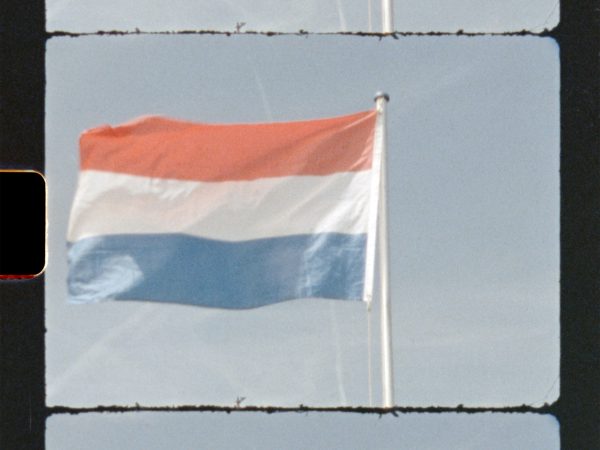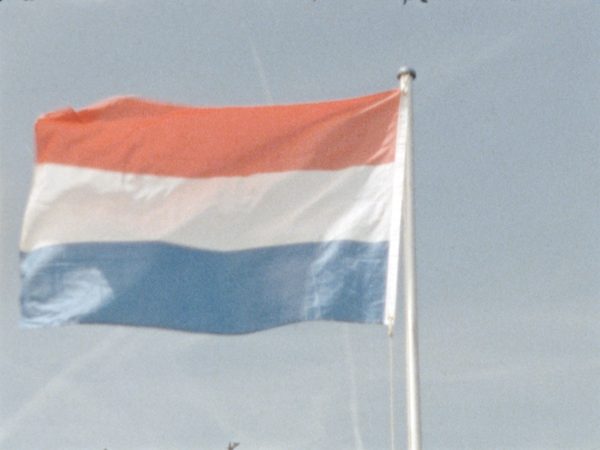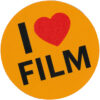Digitization
The transfer service for 8mm and super8 film to a 2K digital file is offered with partners in Amsterdam and Waddinxveen.
Please read this page carefully. The digitisation service at the S8RL is done in a special way.
General
Digitisation of super8 to a 2K file is also known as film transfer or film scanning. Data scanning goes as follows. Each super8 frame is photographed by a high-end industrial photo camera in 2336 x 1752 pixels so that each frame of super8 becomes 1 digital photo of about 6Mb to 9Mb each. We will export these series of photo’s – also called an image sequence – to a QuickTime file. As bonus we add an Mpeg4 file. Here is a summary of the technical details.
- QuickTime ProRes 4.2.2
- 10bit videofile
- Rec709 colour space
- Low contrast and low gamma
- Mpeg4 file so you can share results immediately
We deliver all video files in 25 fps and assume every film-maker knows how to handle and alter digital video files in their specific video project. You can alter the speed / colour / contrast if necessary. A QuickTime file is very flexible and can be adjusted in almost any video editing software program.
- If you shot the super8 film in 18 or 24 fps you will notice that the video will playback too fast. This speed correction should be done during the final editing. We can also provide you with a video that is exported in 18 or 24 fps, but then you will definitely encounter problems when editing that video file. We need to prevent that from happening. That is why you get a video export in 25pfs.
Full Frame vs Cropped
2K Full Frame scan
2336 x 1752 pixels
QuickTime ProRes 4.2.2 + Mpeg4
A full-frame scan shows more than just the super8 frame. You will see part of the perforation and the frame lines. This is useful when you want to crop your own images to fit inside your video project. Just as with the cropped version you will need to adjust the images colour and contrast.
2K Cropped scan
2048 x 1536 pixels
QuickTime ProRes 4.2.2 + Mpeg4
A more convenient file is a cropped file because the image is exactly like the super8 frame. There is no need to make many adjustments, only some colour and contrast corrections will be enough, so you can concentrate on the actual scene editing.
Prices and turn-around
Our standard delivery time is between 2 and 4 weeks because S8RL is dependent on it’s partners.
- €45 standard price for each 50ft super8 cartridge delivery between 2 and 4 weeks
- €110 express price for each 50ft super8 cartridge delivery between 2 and 5 work days
All prices are excluding 21% VAT.
Our advice is to get your film developed in Den Haag and organise the digitisation yourself in Amsterdam or Waddinxveen (or any where else in Europe). You are free to contact our partners directly to make appointments with them (S8RL will not be involved in that situation). You can save time and money if you organise everything yourself.
Target
This service is for people who can read and write with computer software like Adobe Premiere, Apple’s Final Cut, DaVinci Resolve or Nucoda.
If your only purpose is to get your 8mm films transferred to a digital file in order to share it with family and friends (no editing), we can advise you other companies that provide a fine service. Ask us for some tips.
Why 2K and not 4K
You find many discussion about transferring 8mm and super8 to 2K, 4K or even 6 or 8K.
We are convinced that a 2K file is perfect for transferring 8mm and super8 film to a digital file, and these files are already very large in size. A higher resolution gives an even bigger data file, but this will not help to increase the image quality.
Preparation
Super8 films that have just been processed do not need any preparation.
If you send an already developed super8 we will check this film before we start to digitise. We want to be sure the film is dry, has good splices and that there is no perforation damage. We also check the general condition for shrinkage, grease, or leader film. Once that is done we can edit the films onto large reels to make the final digitising more easy. The S8RL will prepare and clean your film and we charge this service in labour time; each hour labour is € 60.00 excluding 21% VAT.
Quality first
We treat all films carefully, with great attention as if they were our own films. Our only aim is quality and not quantity. Realise that this lab also transfers films for motion picture professionals, artists, music video’s, commercials, students and archives. You are welcome in the lab in Den Haag and watch a show-reel and see how we treat film. We do not put examples online because we believe that you better come and see the real quality in the lab on a good calibrated monitor.
Partner
The Super8 Reversal Lab offers this digitisation service in co-operation with two partners. I hope we made ourself clear that S8RL does not digitalise films in the lab in Den Haag, because S8RL only does photo chemical film processing.
Our first partner is Haghefilm based in Waddinxveen. A very well know name in the industry. Employees have decades of experience in the field of analogue motion picture film and digitising.
Our second partner is Onno Petersen, he has decades of experience in the small format film making business and is self employed and very successful. He does not only transfer films but also rents cameras and teaches film making, to name a few.
Our prices are based on the fact that you pay also for craftsmanship and experience. To make sure that everything works flawlessly with your assignment the S8RL will take care of everything. We handle all communication and all other necessary handling so you don’t have to do anything. You are in good hands.
You are free to contact our partners and do business with them directly. It will save you some money, and we do not feel any objection.
Backup
We keep a backup of every file for 1 month. At your request we will save the file for a longer period, at an extra charge of Euro 5,00/month each file. You can choose to save the backup for 2, 4, 6 or 12 months. We can not be held responsible for this backup on our server. This Super8 Reversal Lab will not make copies or duplicates in any way [film, video, DVD] without your personal permission. Also the S8RL will not use images from your film for website, printed and/or commercial purposes without your personal permission.
Cloud-service
We only deliver data files via our cloud-service. We no longer use DVD’s, Blu-Ray discs or external hard drives. Do not send any of these to this lab.
Final advise
Transferring your 8mm and super8 to 2K files is only wise if you are going to use these digital files within a few months. If you are not going to use the digital files immediately you better wait because every 2 years you can get a better transfer for the same amount of money (you see where I am going?).
If your idea is to ‘save’ your damaged super8 film (some call this preservation) then we advise you to consider getting an image sequence and not a video file. If all super8 frames are transferred individual to separate images we call this an image sequence. Do not forget that it takes time, money and energy to maintain computer hard drives too. Always keep every files three times, on three different hard drives on at least two locations > 40Km apart from each other.
If your super8 films are in a good condition and then someone tells you that you will ‘save’ your images by making a digital transfer they are only after your money. It is much better if you keep your original films on a dry (maximum 40% humidity) and constant temperature (about +7 degrees Celsius).




